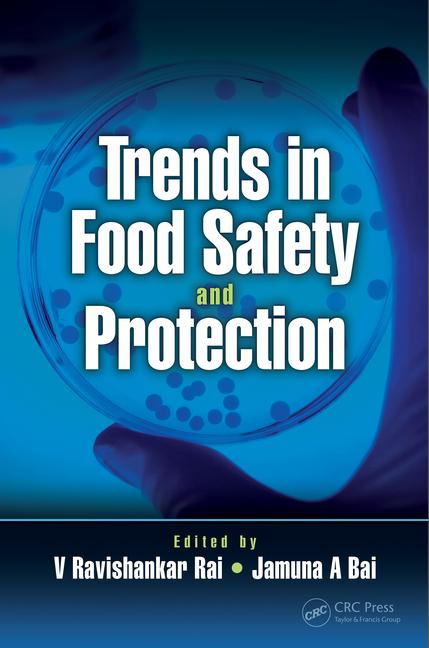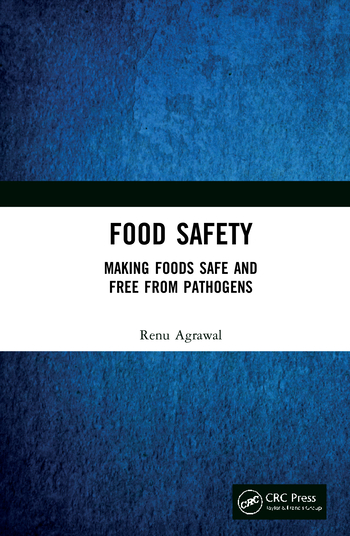Stakeholders Speak Out as California School Food Safety Act Targeting Food Dyes Faces Vote

Image credit: WikimediaImages via PIxabay
On Tuesday, August 6, 2024, California Assemblymember Jesse Gabriel (D-46) and State Superintendent of Public Instruction Tony Thurmond gave a press conference to push for the passage of Assembly Bill (AB) 2316, named the California School Food Safety Act, ahead of an important vote in the state Senate Appropriations Committee set to take place next week. The California School Food Safety Act is first-of-its-kind legislation that aims to prohibit California public schools from serving foods containing six synthetic food dyes—red 40, yellow 5, yellow 6, blue 1, blue 2, and green 3—associated with developmental and behavioral harms to children.
If passed into law, the legislation would go into effect December 31, 2027.
The bill is one of several pieces of state legislation targeting food additives that are presently being considered across the country. The recent wave of state bills to ban certain food additives was spurred by another piece of legislation penned by Assemblymember Gabriel—the California Food Safety Act—which was passed in October 2023 and prohibits food containing four chemicals from being sold or manufactured in the state.
The California School Food Safety Act was produced in response to a report published by the California Environmental Protection Agency (EPA) in 2021 that linked synthetic food dyes to hyperactivity and other neurobehavioral effects in children. California EPA’s report cites challenge studies that measured and compared the behaviors of children fed dye-free and dye-saturated diets; findings demonstrated that some children are likely to be more adversely affected by synthetic food dyes than others. Additionally, California EPA referenced animal studies that indicate synthetic food dyes affect activity, memory, and learning; cause changes in neurotransmitters; and cause microscopic changes in brain structure. Finally, California EPA asserted that the U.S. Food and Drug Administration’s (FDA’s) Acceptable Daily Intake levels (ADIs) for synthetic food dyes are based on 35- to 70-year-old studies that were not designed to detect the types of behavioral effects that have been observed in children, and that many children consume synthetic food dyes in amounts that exceed levels considered “safe.”
The California School Food Safety Act originally targeted titanium dioxide as well as the six food dyes, but it was removed after pushback from the dairy industry—which uses titanium dioxide to whiten products—threatened bipartisan support for the bill. Additionally, the most recent version of the bill would still allow foods containing the targeted dyes to be sold at some off-premises or after-hours events like fundraisers.
Although the 2023 California School Food Safety Act is receiving some bipartisan support—endorsed by more than 70 groups comprising teachers, school administrators, doctors, nurses, scientists, environmentalists, and consumer protection organizations—not all stakeholders are in favor of the legislation. The Consumer Brands Association (CBA) wrote in response to Assemblymember Gabriel’s press conference, “Before going on grocery store shelves or going into schools, products must meet rigorous evidence-based safety standards set by FDA. Yet, proposed Assembly Bill 2316 is attempting to undermine the established process led by our nation’s regulatory body and ignore the existing science. U.S. and global food safety agencies have examined the evidence as recently as 2019 and 2021 and have consistently concluded that the food colors and additives targeted in the bill have not been shown to cause adverse neurobehavioral effects in children... AB 2316 sets a dangerous precedent for state politicians to substitute their own views on food safety ahead of the scientists and risk-based review system that stringently protects America’s food supply. Americans deserve unified guidance that follows the science, not a patchwork of confusing laws.”
The potential “patchwork of confusing laws” that looms over the U.S., as many state bills to ban additives hang in the air nationwide, is partially a response to what some lawmakers and watchdog groups view as inadequate food chemical regulation by FDA; with “generally recognized as safe” (GRAS) designations sometimes being pointed to as a loophole enabling many chemicals to enter the food supply with no oversight. In attempts to get ahead of state legislation trumping federal regulation, under the new Deputy Commissioner for Human Foods Jim Jones, the agency has made efforts to step-up its postmarket chemical review process, which has already resulted in the revocation of some additives banned by the 2023 California Food Safety Act.
On September 25, 2024, FDA will hold a public meeting on its work to develop an enhanced systematic process for the postmarket assessment of chemicals in foods.
Looking for a reprint of this article?
From high-res PDFs to custom plaques, order your copy today!









